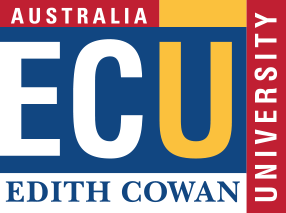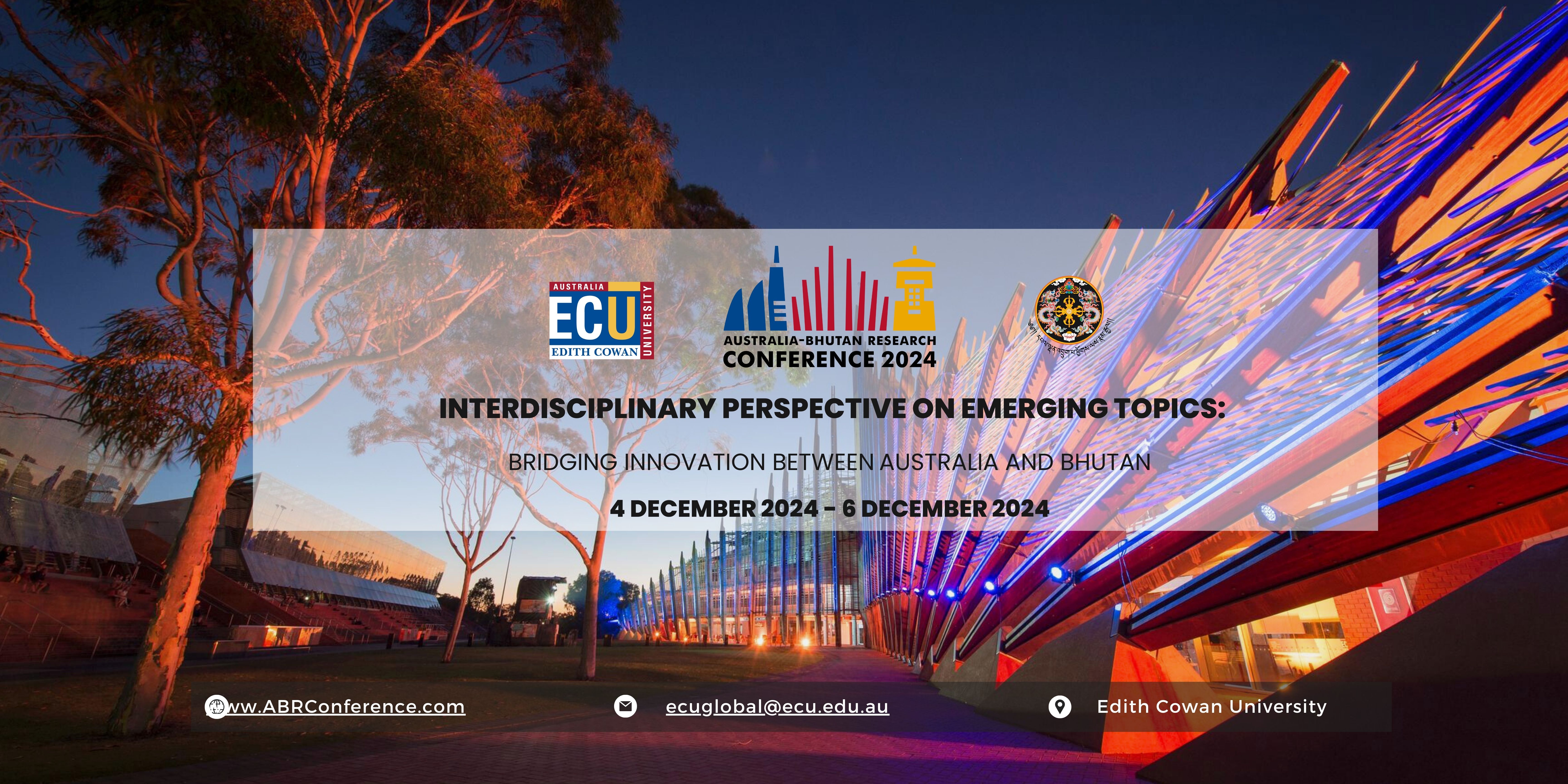Designing equitable education policy for School Education in Bhutan
Presenter(s) ORCID:
Phuntsho Wangdi: https://orcid.org/0000-0001-6589-0612
Loading...
Start Date
5-12-2024 8:50 AM
Presentation Type
Presentation
Keywords
inclusiveness, comprehensiveness, holistic, equitable, policy design
Abstract
Education policies are consistently scrutinised and debated for their dual portrayal of goals for economic utilitarianism and humanism with spiritual fulfilment. In the face of this polarisation under steady external ideological and conceptual influences, education policies are often viewed as short-sighted, inconsistent, contradicting, and inequitable. As these policies, processes, and practices are swayed by socio-economic conditions, geopolitical factors, and belief systems, education reforms are growing to suit the globalist culture, often confronting the local ideologies and socio-cultural structures. This reinforces the need for policy contextualisation by developing a holistic policy framework. Policy design is instrumental in shaping beliefs, and behaviours and building institutions by creating a practical policy structure with clarity of goals and instruments for implementation. The education sector in Bhutan has embarked upon a reform agenda, inspired by His Majesty the King’s vision for an enlightened knowledge-based society. Under the theme of ‘re-thinking education’, a wholesome transformation is targeted. However, the sector is faced with the challenges of a lack of an inclusive and comprehensive policy framework to effectively guide the policymakers. This paper examines the causes of policy gaps and suggests a comprehensive and forward-thinking education policy framework from a policy design perspective to potentially guide the educationists and policymakers of Bhutan and beyond.
Recommended Citation
Wangdi, P. (2024). Designing equitable education policy for School Education in Bhutan. Australia-Bhutan Research Conference. https://ro.ecu.edu.au/abr_conference/2024/Thursday_December_5th/1/
Designing equitable education policy for School Education in Bhutan
Education policies are consistently scrutinised and debated for their dual portrayal of goals for economic utilitarianism and humanism with spiritual fulfilment. In the face of this polarisation under steady external ideological and conceptual influences, education policies are often viewed as short-sighted, inconsistent, contradicting, and inequitable. As these policies, processes, and practices are swayed by socio-economic conditions, geopolitical factors, and belief systems, education reforms are growing to suit the globalist culture, often confronting the local ideologies and socio-cultural structures. This reinforces the need for policy contextualisation by developing a holistic policy framework. Policy design is instrumental in shaping beliefs, and behaviours and building institutions by creating a practical policy structure with clarity of goals and instruments for implementation. The education sector in Bhutan has embarked upon a reform agenda, inspired by His Majesty the King’s vision for an enlightened knowledge-based society. Under the theme of ‘re-thinking education’, a wholesome transformation is targeted. However, the sector is faced with the challenges of a lack of an inclusive and comprehensive policy framework to effectively guide the policymakers. This paper examines the causes of policy gaps and suggests a comprehensive and forward-thinking education policy framework from a policy design perspective to potentially guide the educationists and policymakers of Bhutan and beyond.


